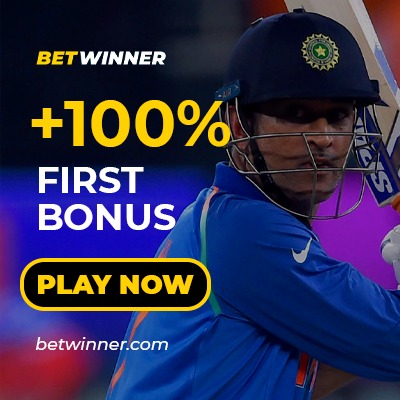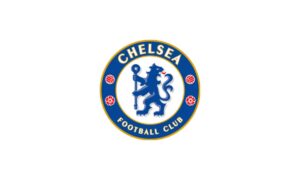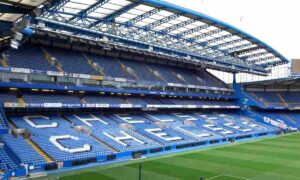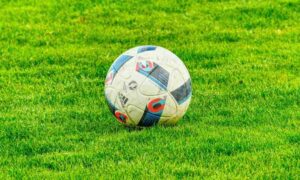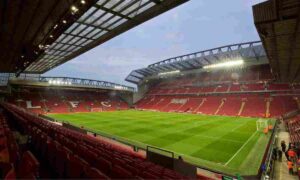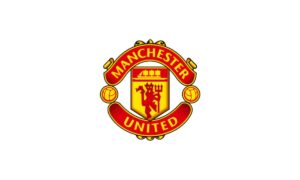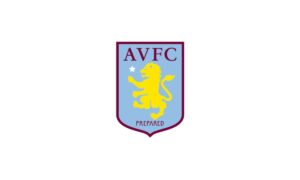Like other events, the Indian Super League (ISL) too faced the effects of Covid-19. On the evening of 24 March 2020, the Government of India decreed a nationwide lockdown for 21 days, restricting the movement of the entire 1.38 billion Indian population. A necessary step taken as a preventive measure against the COVID-19 pandemic .
As the days passed, everything started to shut down and the lockdown knew no end date. Among the various activities prohibited, sports suffered as well. Games were halted as it was unsafe to even be in another’s company.
Luckily, the Indian Super League culminated in time, narrowly escaping the clutches of the Covid-19 pandemic. But, it was not without consequences.
Secluded from the outside world, Indian and foreign players had been polishing their skills and getting into shape — both mentally and physically. For the past month or so, they had been confined to various parts of Goa. The aim? The Indian Super League.
Life in a bubble
The 2021-22 edition began on Friday (Nov 19). It will run for 3 months. Similar to last season, it will be played in a bio-bubble across three venues without fans. The Athletic Stadium (Bambolim), Tilak Maidan Stadium (Vasco) and PJN Stadium (Fatorda) have been picked.
BFC boss Marco Pezzaiuoli, a new face in the league, is absorbing means to steer his team in his initial days: “It is hard in the bubble. You do not have a private life, you cannot even cut your hair, we are cutting it ourselves. The simple things, what you think, time with family, stepping out to meet fans… these are not possible“.
“Of course, you will be happy when you have positive results, but there are 10 other teams in the league, which means not everybody will have positive results. It is very difficult not only for the coach but also for the team itself, to have the dynamics to think positively. In the end, we are trying our best, giving our 100 per cent, sometimes you win and sometimes you lose,” he continued.
Last term, the ISL splashed roughly Rs. 17 crore on Covid-19 testing and other similar expenses for the safety of players and staff from all teams and crews. 18 bio-bubbles created across 14 hotels.
Throughout the campaign, Covid tests summed up to around 70,000. 1,635 RT-PCR tests were conducted on individuals in Goa. On average, a person had to undergo tests 50 times. The frequency of testing was every 72 hours. The league acquired around 26,000 N95 masks as well.
Similar to last season, matches go on played behind closed doors. The safety of players, fans and management is of paramount importance at present. In these uncertain times, it still remains to be seen how things develop and what measures are taken.
Follow our Twitter for regular football news and updates.
For more football updates, make sure to follow us on:


